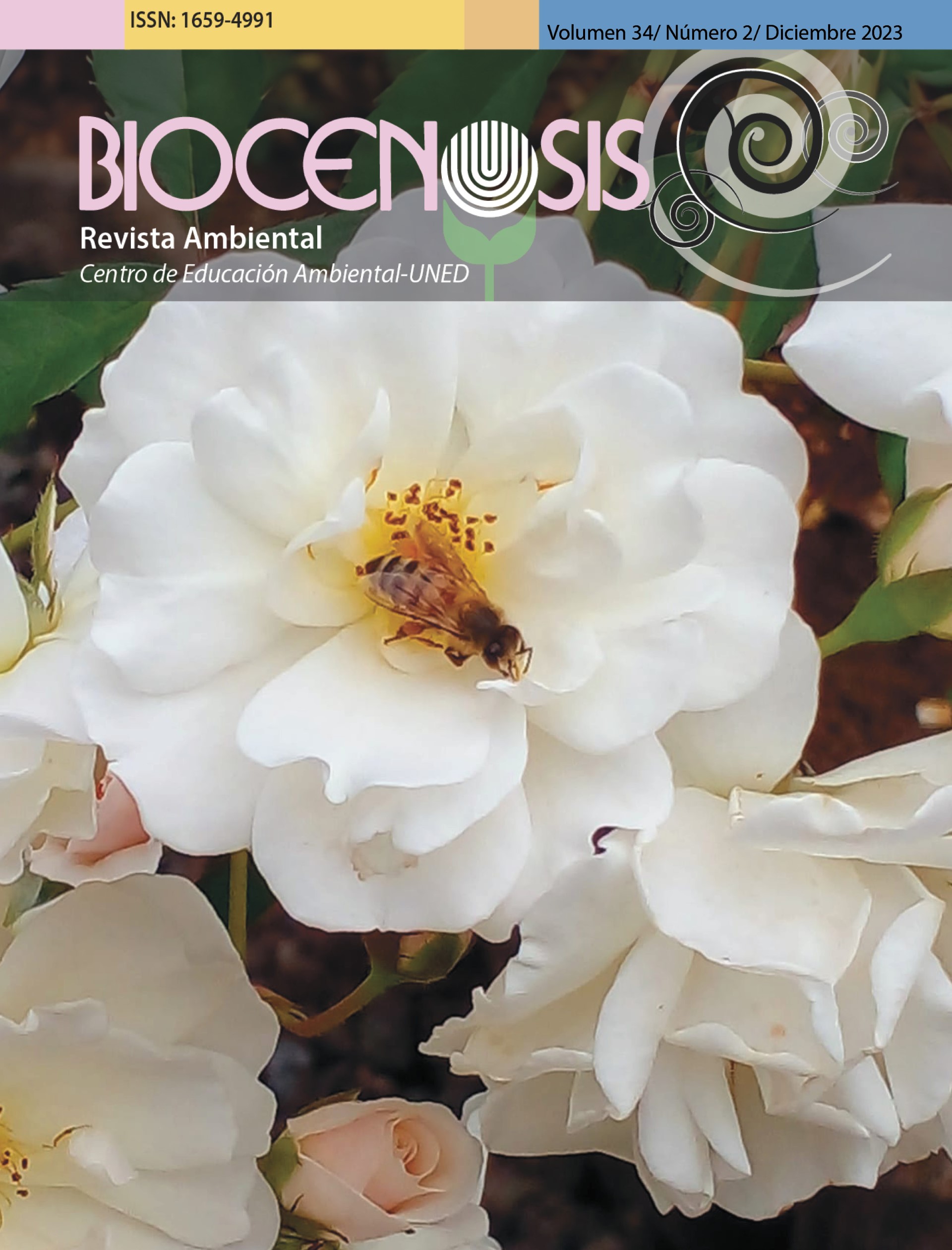Why is natural history a ‘story’ that should not go untold?
DOI:
https://doi.org/10.22458/rb.v34i2.5072Keywords:
conservation, scientific education, naturalist, reductionism, Costa Rican societyAbstract
Natural history has prompted the formation of well-established and recognized areas of knowledge in science. Despite this, in academic and public spheres there is a certain rejection and contempt for it. This contempt is due to high specialization and technicality within sciences, as well as a decreased exposure of society to nature. In this essay, the importance and vitality of natural history nowadays is discussed, both in the academic and public spheres. Specific examples that reflect how natural history provides essential information in areas such as human health, food security, species management and conservation and recreation linked to tourism are discussed. Obstacles facing the teaching and permanence of natural history in the country are addressed, in addition to possible solutions. It is concluded that it is crucial to keep natural history in the academic and public sphere, because otherwise, natural history will continue to be written, but without us.
Published
How to Cite
Issue
Section
License

This work is licensed under a Creative Commons Attribution-NonCommercial 4.0 International License.
